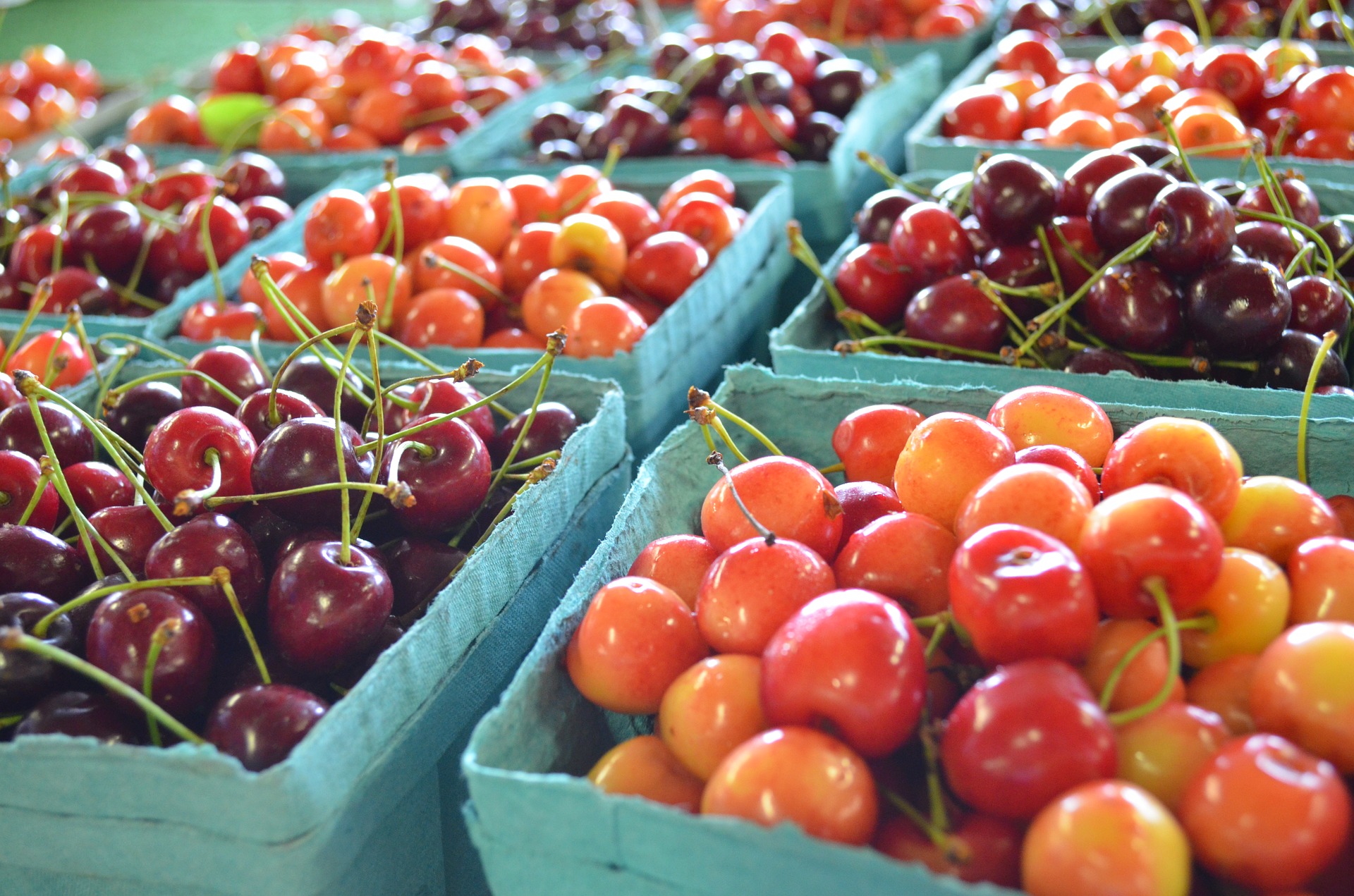 The followers of organic food are convinced of the real superiority of organic food. On the other hand, there are those who find organic food overpriced and too expensive compared to food from modern and industrial agriculture. They claim that common foods are just as healthy as any other. Who is telling the truth? Since organic food is 10 to 30 percent more expensive than other foods, this issue has an impact on people’s wallets. Common people wonder why they should pay more if it turns out to be the same.
The followers of organic food are convinced of the real superiority of organic food. On the other hand, there are those who find organic food overpriced and too expensive compared to food from modern and industrial agriculture. They claim that common foods are just as healthy as any other. Who is telling the truth? Since organic food is 10 to 30 percent more expensive than other foods, this issue has an impact on people’s wallets. Common people wonder why they should pay more if it turns out to be the same.
For a bit of history, it must be remembered that modern agriculture has evolved very rapidly over the past 40 years. Before the 1940s, non-organic food did not exist. Today, most of the food bought in supermarkets is not organic. Helping research and development technologies, new fertilizers, new insect control products, and new land management techniques have taken productivity leaps and bounds. One hectare of modern cultivated land produces much more than land of yesteryear. The difference is that organically grown food is produced using so-called ‘old-fashioned’ farming methods.
Here are the particularities of organic farming:
- Organic farmers use natural fertilizers like manure. Non-organic farmers use chemical fertilizers, which are generally more efficient and less “odorous” to neighbors.
- Organic farmers fight weeds by using more natural products, derived from compounds that are naturally found in the environment. Non-organic farmers use synthetic herbicides to get rid of weeds.
- Organic and non-organic farmers must both rotate crops, and periodically plow the land.
- The organic farmer can add mulch to cover the soil. This prevents wind erosion and the leaching of the land by runoff and rain.
- Organic farmers use natural pesticides or ’pest’ predatory insects to control insects and disease. For growing corn, for example, we use trichogrammatid, small insects, to control the European corn borer, a pest worm that is not very pleasant to find on the cob. Non-organic farmers use synthetic insecticides.
- Unlike non-organic foods, organic food products do not contain MSG, artificial additives and sweeteners, preservatives, processing aids, added colors and flavors. Be aware that colors and flavors are often added to non-organic mass-produced foods to make them look and taste better.
Environmental and health benefits
- Environmentalists argue that organic farming benefits the environment. This type of agriculture preserves our water supply by not contaminating it with chemicals. It preserves our soil and reduces pollution.
- Those who choose organic foods over non-organic foods say that these foods are not only more nutritious, but also tastier. Trying both is the best way to get a feel for it.
- At the nutritional level, some studies indicate that foods produced in both ways are almost equivalent, with a slight advantage to organic products. Many factors can influence the nutritional value of food: the climate, the soil, the nutrients found there, the variety of the plant, the amount of sun and water received. It seems that these factors are even more important whether to grow organically.
- Not surprisingly, lower levels of pesticides are found in organic foods. Even in the United States, the USDA (United State Department of Agriculture) admits that organically grown produce contains significantly less pesticide residue than regular produce. According to experts, however, the levels of residual pesticides in ordinary fruits and vegetables are found in such small amounts that it is negligible for health.
However, the same could not be said of the impacts on the health of farmers. Modern farmers are exposed to greater doses of harmful products, and at much higher frequencies than consumers. Contact with pesticides for farmers is believed to be associated with health problems such as Parkinson’s disease, birth defects and miscarriages.
- Antioxidants: As organic foods are not sprayed with chemical pesticides, some experts claim that these foods contain more antioxidants, to protect against pests.
- Vitamin C: Studies also show that organic foods contain more vitamin C, necessary for human health. For example, organically grown oranges provide 30 percent more vitamin C than non-organic oranges, according to a study conducted by the University of Missouri.
- Foods from organic farming are said to contain about 29 percent more magnesium, 21 percent more iron, 13 percent more phosphorus, and 18 percent more polyphenols. Polyphenols protect the body against allergies, arthritis, heart disease, and cancer, among others.
To resume, the major downside to switching to organically grown food is that you will spend 10-30% more on your grocery budget. However, these disadvantages may be outweighed by your health. And that of the people who produce your food! At the environmental level, organic farming respects the land and its resources more. Compared to traditional agriculture, organic agriculture pollutes water and soil less and produces less greenhouse gases. Considering the dire condition of the planet now, this alone would be enough to encourage organic production! Eating organic significantly reduces your ecological footprint, especially if you buy from local producers. If more and more people choose foods produced with respect for the planet, the health of the earth, and that of its inhabitants, will be better for it!